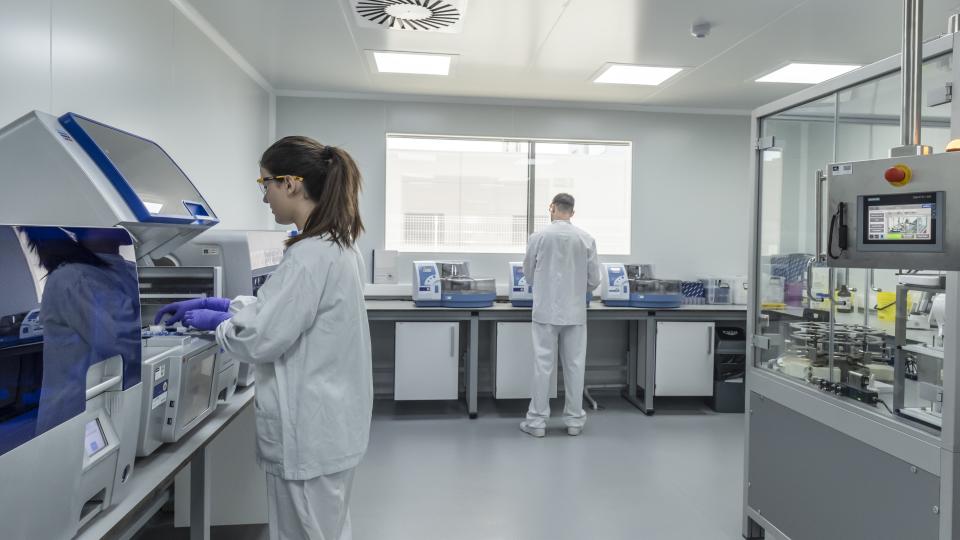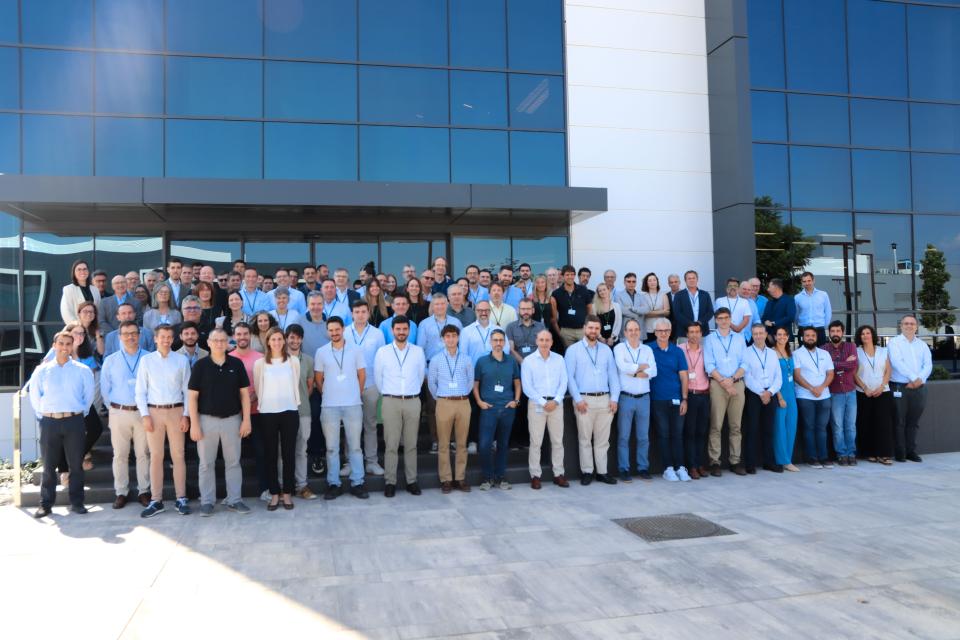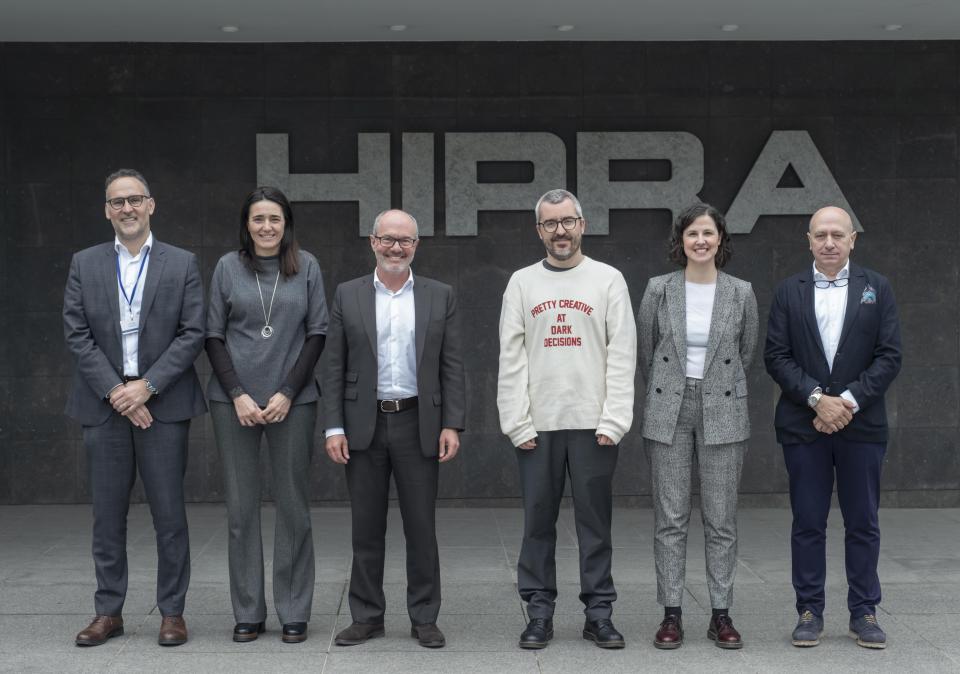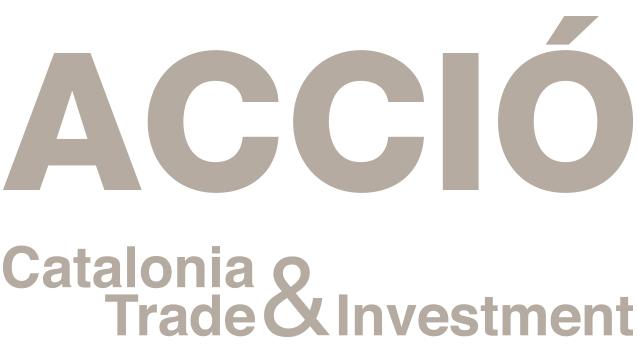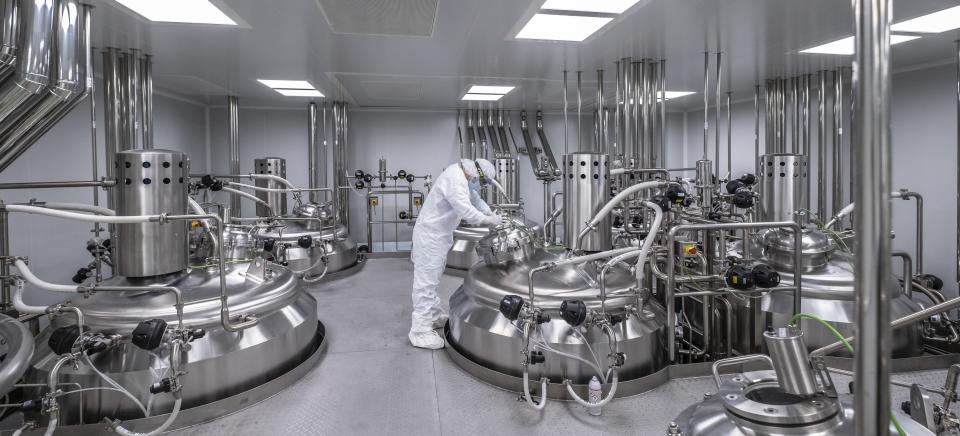HIPRA is leading the European project SPEEDCELL (SPEEDy CELL line development for pandemic response), a name that plays on the English terms speedy and cell, with the goal of transforming the development of vaccines and other biotechnological products to address future health crises. The project seeks to establish a faster, more flexible, and more efficient production platform, capable of delivering new biologic products in just 100 days.
SPEEDCELL, the new European project led by HIPRA, aims to reduce vaccine and biologics development to 100 days in emergency situations
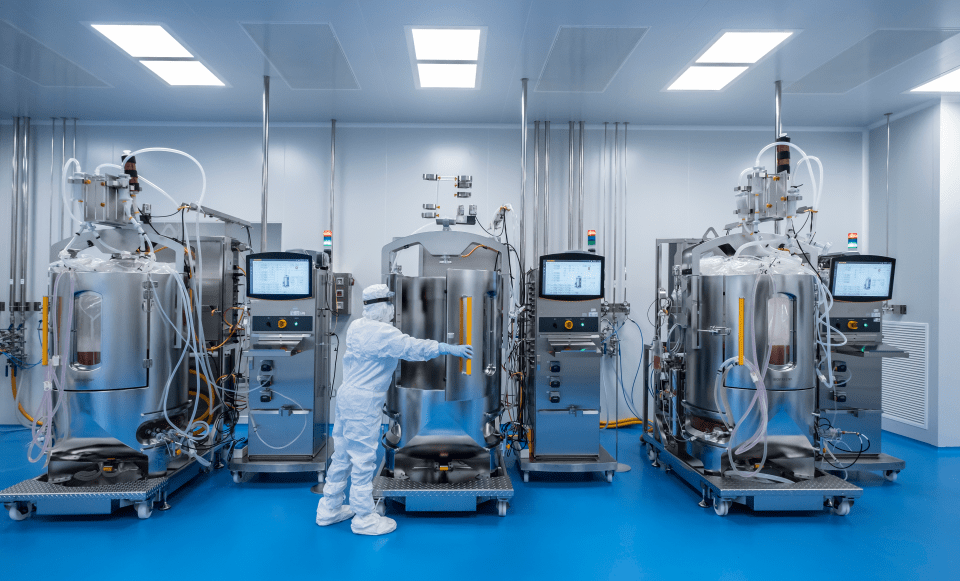
With €3.96 million in funding through the European EU4Health program, SPEEDCELL addresses one of the major challenges of the European healthcare system: the need for agile and effective response mechanisms to global health emergencies.
The initiative, which will run for 4 years, focuses on optimizing development and manufacturing processes based on cell lines, widely used in the production of vaccines and biological products. The ultimate objective is to make the so-called “100 Days Mission” a reality, promoted by the European Commission and the HERA (Health Emergency Preparedness and Response Authority), to ensure rapid access to critical medical countermeasures during emergencies.
The COVID-19 pandemic tested the global healthcare system’s ability to respond quickly and effectively to large-scale health emergencies. The shortage and delays in the availability of approved vaccines and treatments during the early phases of the crisis, as well as reliance on production outside European territory, highlighted the need for Europe to develop its own flexible and scalable capacities to design and manufacture essential medicines in record time.
“With SPEEDCELL, HIPRA consolidates itself as one of the key players in driving a more prepared and autonomous Europe in the field of global health. The initiative reinforces our commitment to innovation and to responding to global challenges, contributing to the construction of a more resilient and strategic biopharmaceutical model aligned with European priorities for preparedness against future crises. Furthermore, with this project we aim to become the fastest in the world in producing biologics based on cell lines,” said Laura Ferrer, R&D Director of HIPRA’s Human Health Division.
The project, led and coordinated by the different companies within the HIPRA group, is being developed entirely in Spain and strengthens the country’s role as a strategic player in biopharmaceutical innovation and European health preparedness. Once developed, this technology will be made available to third parties through HIPRA Biotech Services, HIPRA’s CDMO.
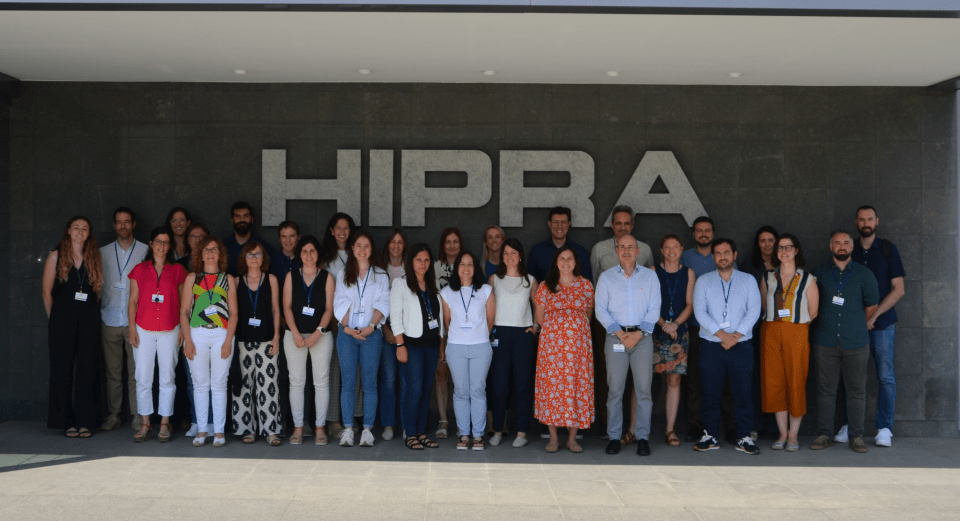
In addition, HIPRA had already been selected by the European Commission and HERA to be part of the EU FAB project, a network of manufacturing capacities maintained in a permanent state of readiness for vaccines and critical medicines. This initiative, in which HIPRA is one of four participating European manufacturers, aims to guarantee an immediate response to future health emergencies. EU FAB represents recognition of HIPRA’s industrial know-how and infrastructure and complements projects such as SPEEDCELL in building a more resilient and autonomous European health model.
About EU4Health projects
EU4Health is the European Union program to strengthen healthcare systems and improve responses to health crises on a European scale. With an unprecedented budget for the 2021–2027 period, EU4Health funds projects that promote emergency preparedness, the availability of essential medicines and healthcare products, healthcare digitalization, and disease prevention, with the aim of better protecting the health of European citizens and strengthening cooperation among member states.
More information about the SPEEDCELL project: www.speedcellproject.eu

Funded by the European Union under grant agreement No 101136439. Views and opinions expressed are however those of the author(s) only and do not necessarily reflect those of the European Union (EU) or European Health and Digital Executive Agency (HaDEA). Neither the EU nor HaDEA can be held responsible for them.
